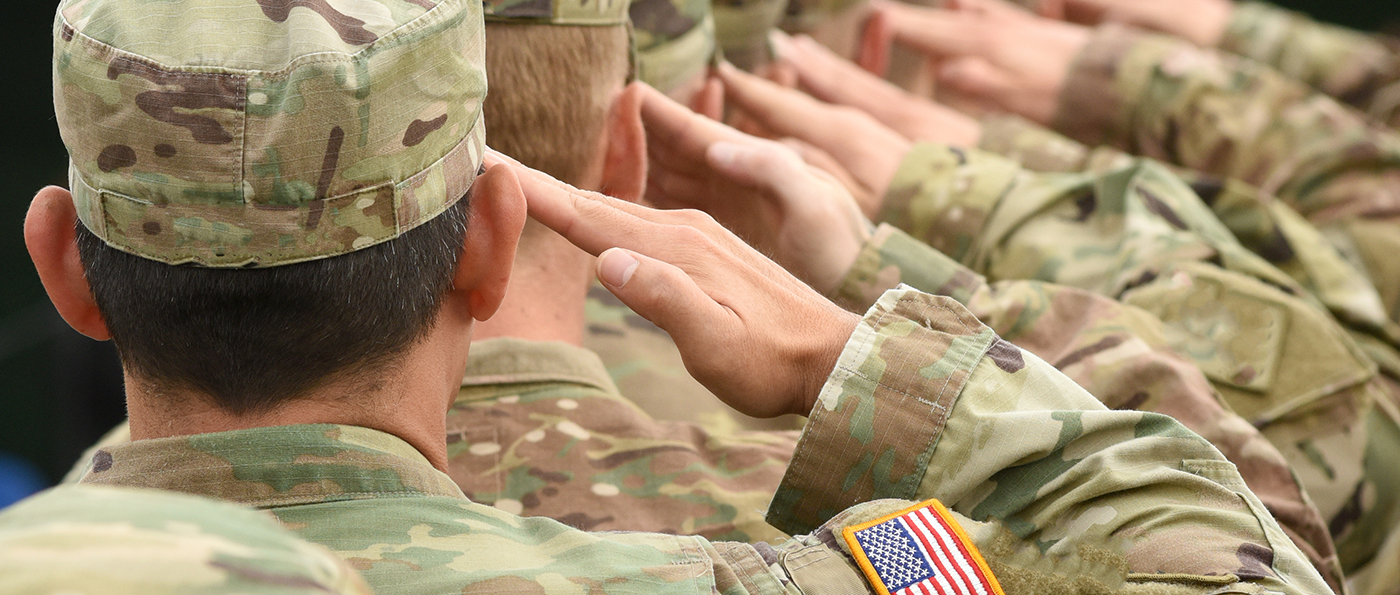

The University of Colorado Anschutz Medical Campus has received $750k in federal funding to research the effect of noise-masking technology to reduce insomnia and improve sleep quality in active-duty military and veterans.
Led by Vik Bebarta, MD, founder and director of the CU Anschutz Center for Combat Medicine and Battlefield (COMBAT) Research, the study will partner with military groups and sleep technology experts from Bose Corporation to assess the impact of Bose Sleepbuds II wearables. Sleepbuds II are the latest generation of Bose’s bedtime wearable solution that use technology clinically proven to help people fall asleep faster. This is the first time that the noise-masking and relaxation capabilities of Bose Sleepbuds II will be studied in a military setting.
The grant builds upon the CU COMBAT Center’s mission of providing solutions through research, innovation and care to solve the military’s toughest clinical challenges.
“Better sleep, especially when in deployment, supports the long-term physical and mental health of active military,” said Bebarta, who is also a professor of emergency medicine at CU Anschutz. “By studying the impact of commercial technology for this demographic, the CU COMBAT Center will be able to provide an almost immediate solution backed by clinical data to improve the well-being of soldiers.”
According to recent research, the diagnosis of insomnia in active-duty Army personnel increased 19-fold from 2000 to 2009. Inadequate sleep from insomnia is associated with a number of mental and physical health problems.
“Our soldiers are at an increased risk for developing sleep disorders such as insomnia due to the constant exposure to loud noises and harsh environmental and work factors,” said Shana Hansen, MD, Lt Col, United States Air Force, principal investigator. “Working with academic and technology partners to address the critical importance of sleep for optimal job performance, physical and mental health is crucial for members of the military and safety and national security.”
Bebarta mentions that alternative treatments for insomnia that don’t have side effects, such as sleep medications do, are vital to the well-being of soldiers and important to study.
For this study, Bebarta’s team, which includes military investigators and active-duty sleep specialists, will assess the impact of Sleepbuds II on active-duty and retired military veterans who have chronic insomnia. They will examine the effects of Bose noise-masking technology combined with a customized guided-relaxation intervention on sleep quality and quantity before and throughout the study.
The study will start this fall and will be a crossover, randomly assigned design with participants receiving “enhanced content” (noise masking and guided relaxation) at bedtime for three consecutive nights followed by a “washout period,” where participants don’t utilize the technology, and then three consecutive nights of noise-masking content only (randomly). The researchers will capture quantitative and qualitative data throughout the study (including pre and post study) and between treatments for each individual (baseline versus noise masking alone versus noise masking and guided relaxation).
“With Sleepbuds II, Bose is delivering safe and effective research-backed technology to help people improve their sleep,” said Julie Lankiewicz, director, clinical affairs, Bose Health Division. “Through this important collaboration with the CU Center for COMBAT Research, we look forward to gaining valuable insight into specific sleep barriers encountered by active-duty and veteran military personnel, while also helping to mitigate those factors.”
Bose Sleepbuds II feature a pair of tiny, ultra-comfortable, truly wireless earbuds that use proprietary noise-masking technology to block, cover and replace the audible distractions that interfere with sleep. Paired with the Bose Sleep app to deliver a wide range of relaxing sounds, Sleepbuds II don’t stream music or take phone calls; they are optimized specifically for one thing – better sleep.

